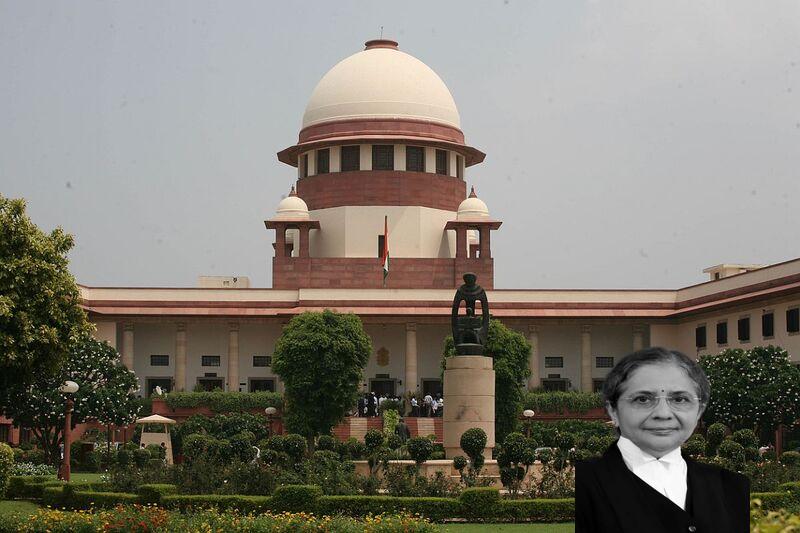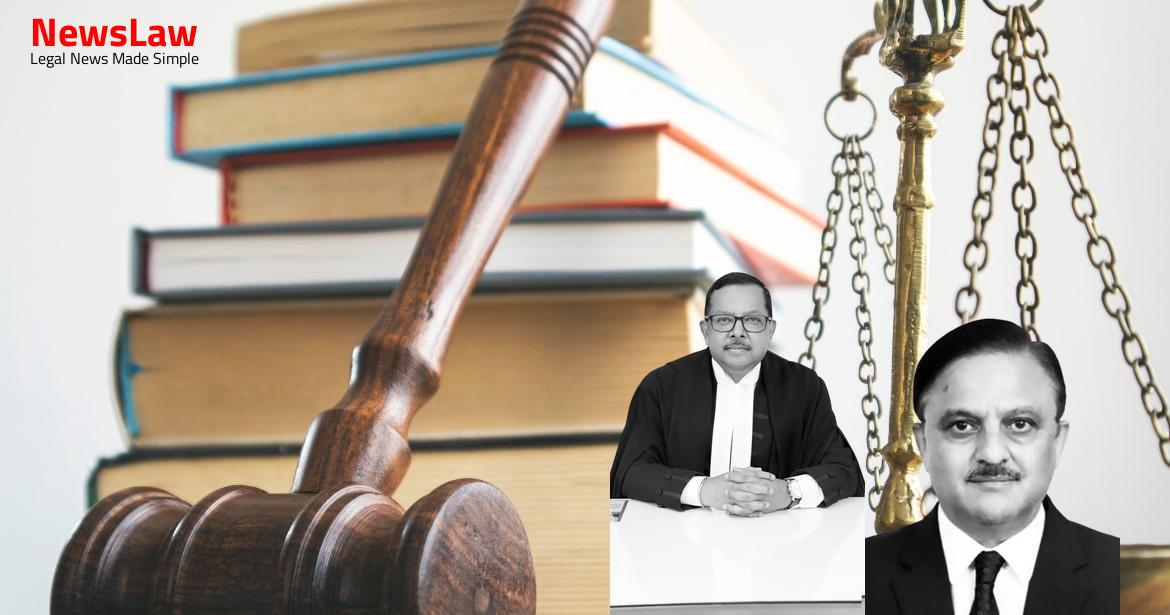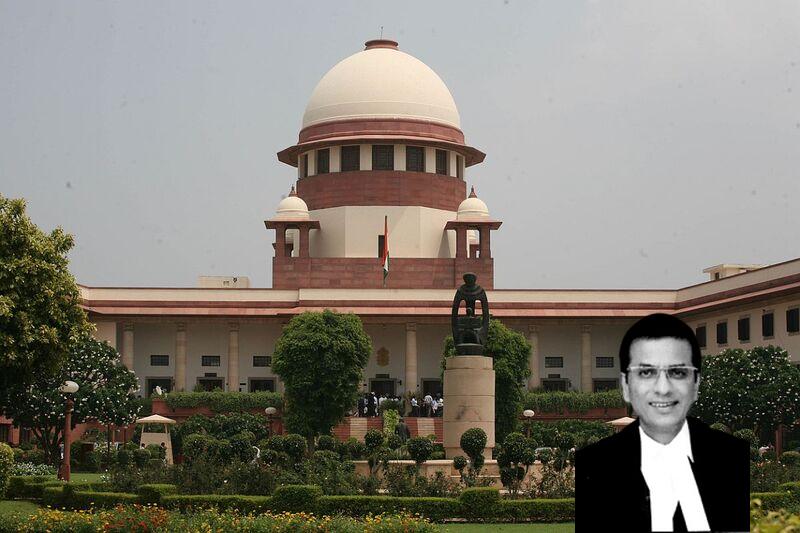PETITIONER(S) VERSUS STATE TAX OFFICER (1) & ANR. PETITIONER(S) VERSUS STATE TAX OFFICER (1) & ANR. RESPONDENT(S) WITH 1 2 passed by the National Company Law Appellate Tribunal (hereinafter referred to as the ‘NCLAT’), dismissing the Company Appeal (At) (INs) No. The NCALT by the said judgment and order had dismissed the said Appeal of the appellant on the basis of the judgment and order dated 19.12.2019 passed in Company Appeal (At) (Insolvency No 404 of 2019) (which was the order under challenge in Civil Appeal No.1661 of 2020). Under Section 53(l)(b)(ii), the debts owed to a secured creditor, which would include the State under the GVAT Act. However, this judgment and order will not, prevent the Resolution Applicant from submitting a plan in the light of the observations made above, making provisions for the dues of the statutory creditors like the appellant.
The Review Petitioner was not a party to the proceedings of Civil Appeal No 1661 of 2020, however, has filed the Review Petition claiming to be an “aggrieved person” on the ground that the impugned order dated 06.09.2022 passed by this Court would have direct effect on the proceedings pending between the Review Petitioner and the Gujarat Sales Tax Authority before the Gujarat High Court in Special Civil Application No 23256 of 2019. The Review petitioner was not a party to the proceedings of Civil Appeal No 1661 of 2020, however, claims to be an “aggrieved person” as according to the Review Petitioner, the impugned judgment had an effect over the proceedings pending between the Review Petitioner and the Sales Tax authorities, Vadodara in Writ Petition being SCA No 23256 of 2019 before the Gujarat High Court. The Review Petitioner was not a party to the proceedings in Civil Appeal No 1661 of 2020, however, is seeking review being aggrieved by the impugned judgment dated 06.09.2022. However, it may be noted that neither Order XLVII CPC nor Order XLVII of Supreme Court Rules limits the remedy of review only to the parties to the judgment under review.
In view of the said legal position, the Review Petitioners who claimed to be the “aggrieved persons” by the impugned judgment dated 06.09.2022, were permitted to file Review Petitions and were heard by the Court. (1997) 8 SCC 715 9 said to be an error apparent on the face of the record justifying the court to exercise its power of review under Order 47 Rule 1 CPC. Recently, in Shri Ram Sahu (Dead) Through Legal Representatives and Others vs Vinod Kumar Rawat and Others, this Court restated the law with regard to the scope of review under Section 114 read with Order XLVII of CPC. Puttaswamy (Retired) and Others, held that even the change in law or subsequent decision/ judgment of co-ordinate Bench or larger Bench by itself cannot be regarded as a ground for review.
(iii) An error which is not self-evident and has to be detected by a process of reasoning, can hardly be said to be an error apparent on the face of record justifying the court to exercise its power of review. Sumesh 12 Dhawan, respective learned Senior Counsels and other learned counsels for the Review Petitioners/ Intervenors, as also Mr. The learned Senior Counsels and learned Counsels for the Review Petitioners/ Intervenors placing heavy reliance on the observations made by a two Judge Bench of this Court in C.A. Rainbow Papers (supra) did not notice the ‘waterfall mechanism’ under Section 53 – the provision had not been adverted to or extracted in the judgment.
Taking recourse to the said observations made by the co-ordinate bench, the learned Counsels for the Review Petitioners have urged to review the impugned judgment. If a Bench does not accept as correct the decision on a question of law of another Bench of equal strength, the only proper course to adopt would be to refer the matter to the larger Bench, for authoritative decision, otherwise the law would be thrown into the state of uncertainty by reason of conflicting decisions. A coordinate Bench cannot comment upon the discretion exercised or judgment rendered by another coordinate Bench of the same court. Apart from the well-settled legal position that a co-ordinate Bench cannot comment upon the judgment rendered by another co-ordinate Bench of equal strength and that subsequent decision or a judgment of a co-ordinate Bench or larger Bench by itself cannot be regarded as a ground for review, the submissions made by the learned Counsels for the Petitioner Reviews that the court in the impugned decision had failed to consider the waterfall mechanism as contained in Section 53 and failed to consider other provisions of IBC, are factually incorrect.
The Court in the impugned judgment has also considered the earlier decisions of this Court in case of Ghanashyam Mishra and Sons Private Limited through the authorized signatory vs. Section 31(1) of the IBC which empowers the Adjudicating Authority to approve a Resolution Plan uses the expression “it shall by order approve the resolution plan which shall be binding… On the other hand, Sub-section (2) of Section 31, which enables the Adjudicating Authority to reject a Resolution Plan which does not conform to the requirements referred to in sub-section (1) of Section 31, uses the expression “may”. After considering the Waterfall mechanism as contemplated in Section 53 and other provisions of IBC for the purpose of deciding as to whether Section 53 IBC would override Section 48 of the GVAT Act, it was finally concluded in the impugned order as under: – “55. Under Section 53(l)(b)(ii), the debts owed to a secured creditor, which would include the State under the GVAT Act are to rank equally with other specified debts including debts on account of workman’s dues for a period of 24 months preceding the liquidation commencement date.
Since we are not inclined to entertain these Review Petitions, we do not propose to deal with the other submissions made by the learned Counsels for the parties on merits.



